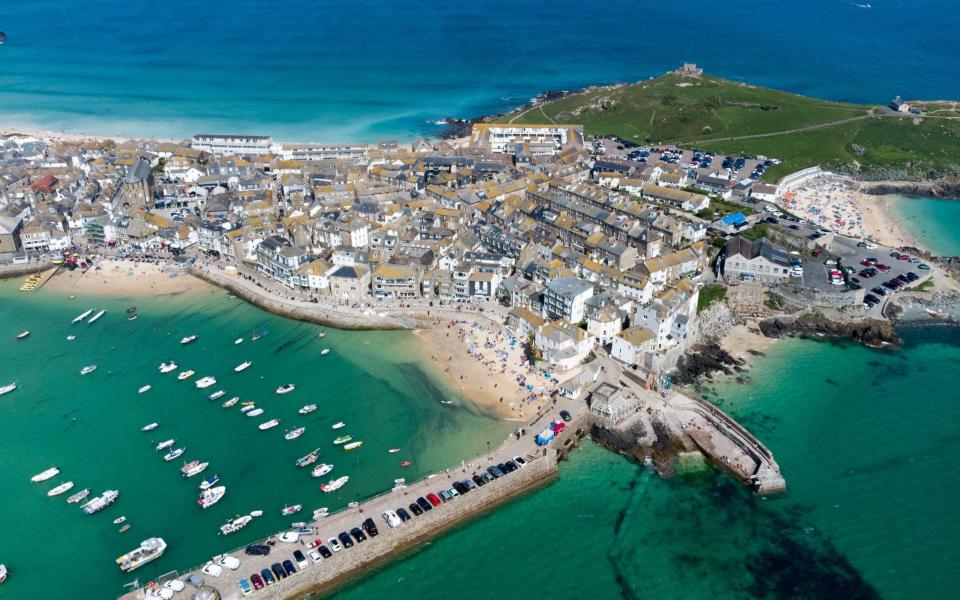‘I can’t sell my buy-to-let – my tenant will have nowhere to go’

Landlords who want to sell their properties face an ethical dilemma as a chronic shortage of rental and social housing means their tenants face homelessness.
Record rent rises and a lack of social housing mean renters have nowhere else to go when their existing deals end.
Sandra Taylor*, 54, owns a three-bedroom cottage in Cornwall. She lets the house to an NHS nurse and single mother who is bringing up three children after she escaped an abusive relationship. Her rent is supported by housing benefit.
Mrs Taylor described her as “an absolutely fantastic tenant”. But she herself is seriously ill and can no longer look after the property, so she needs to sell it.
She said she was extremely worried about what would happen to her tenant. “She has nowhere else to go,” Mrs Taylor said.
“There is such a shortage of properties in Cornwall. There are not enough houses for the people who want to live there.”
Not only are there not enough homes to rent but there are not enough local authority properties, which means her tenant will have to move into temporary accommodation. “She will end up in a B&B with three kids,” Mrs Taylor said.
Mrs Taylor, who asked for her name to be changed, is trying to sell her cottage to an investor who will allow her tenant to remain. But any buyer is likely to raise the rent to unaffordable levels because Mrs Taylor lets the property for £650 a month – about a third less than the market rate.
There is also no guarantee that an investor would keep the tenant. “They could agree, then buy the cottage and evict her the next day,” she said. “My main worry is that she is made homeless with three children.”
The property is now on the market for £200,000. “I offered the house to her at a £20,000 discount, but she can’t get a mortgage,” said Mrs Taylor. Her tenant works part-time and her salary is not large enough to take out the necessary loan.
“If I had the money I would just give her the house, but I can’t afford to drop the price any more. I need to be able to get back the money I put in,” she added.
Mrs Taylor’s situation illustrates the central contradiction of the Government’s crackdown on buy-to-let. According to the housing charity Shelter, a third of private renters are on housing benefits, meaning 1.8 million households rely on landlords in lieu of social housing.
“The Government relies on landlords but doesn’t support or help us,” said Mrs Taylor. “They come down very heavily on landlords, who are helping ease the pressure on social housing waiting lists.”
Britain suffers from an extreme shortage of rental properties as landlords have sold up in the wake of the Government’s buy-to-let crackdown, which has included huge reductions in tax relief on buy-to-let mortgages. The supply of properties has fallen by 26pc year-on-year, according to property website Rightmove.
The South West has been hit by the worst property shortage in the wake of lockdowns as buyers raced to coastal areas and investors bought properties to cash in on the “staycation” boom. House prices in the region rose by 16.9pc in the year to May, the highest rate in the country, according to the Office for National Statistics.
“It has become massively worse since the pandemic. It’s people buying holiday homes and properties they can turn into Airbnbs, and people who have realised that they can work from home and move from London to the seaside,” said Mrs Taylor.
“My tenant worked all through the pandemic, with three children. She deserves a home. Why is she not able to have one?”

 Yahoo Finance
Yahoo Finance 